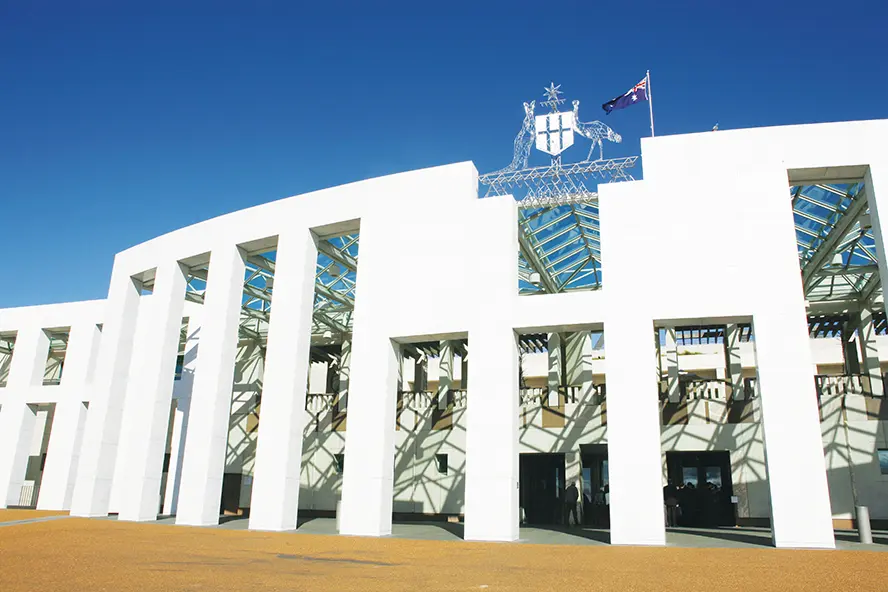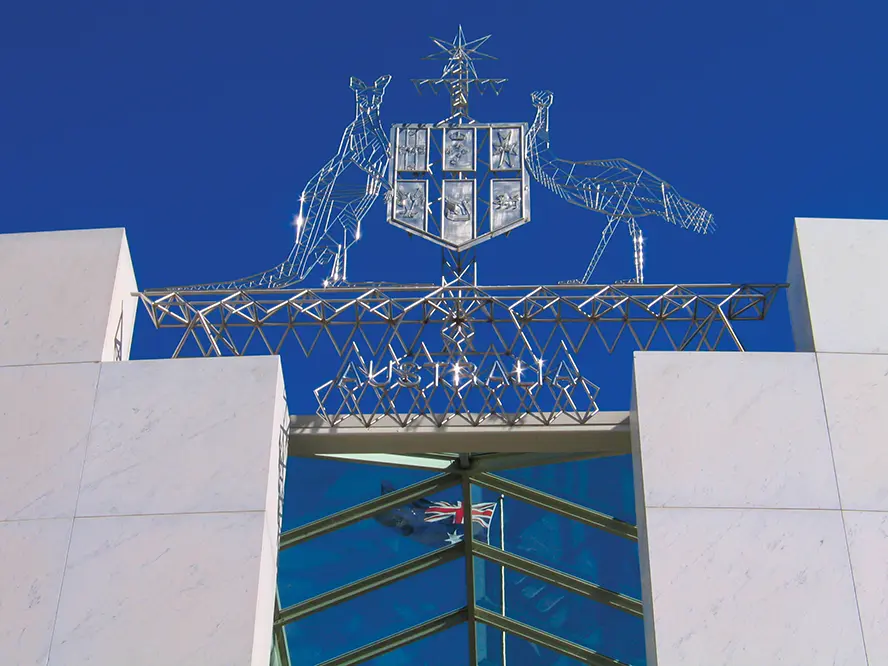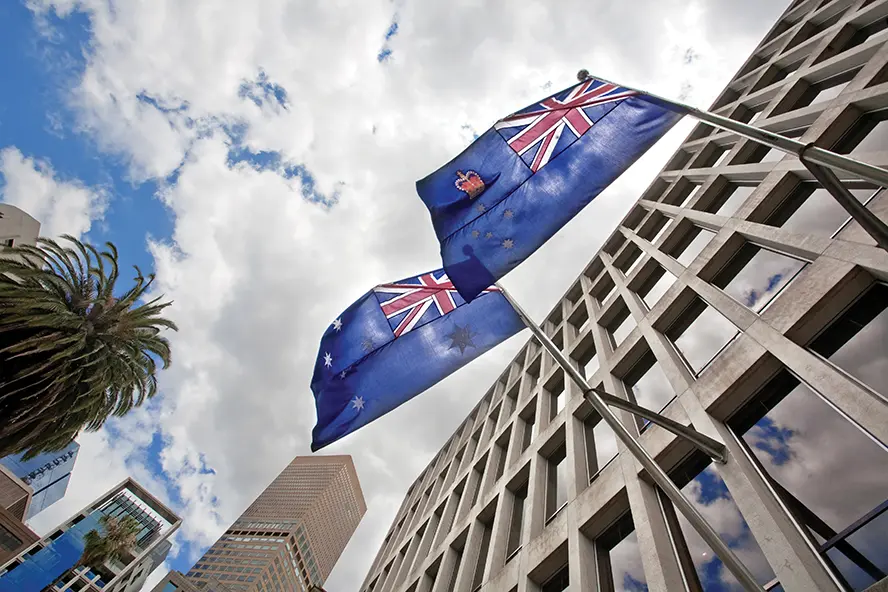The Australian government is planning to establish an office tasked with evaluating the effectiveness of policies such as those linked with gambling harm minimization, but as Peter Cohen asks – how motivated will the government really be to self-examine?
 A few weeks ago, it was reported that the Australian government plans to establish a new office to evaluate policies to see what works. The government has not given a name to the proposed office, but for the purpose of this article, let’s call it the Evaluator-General. The government already has an Auditor-General who looks at efficiency, but the idea of examining whether a policy actually works as intended is a novel concept for a government.
A few weeks ago, it was reported that the Australian government plans to establish a new office to evaluate policies to see what works. The government has not given a name to the proposed office, but for the purpose of this article, let’s call it the Evaluator-General. The government already has an Auditor-General who looks at efficiency, but the idea of examining whether a policy actually works as intended is a novel concept for a government.
While it’s certainly an interesting idea, the success of an Evaluator-General may be constrained by one critical point – sometimes governments don’t want to review their policies. That attitude exists because they don’t want to be told that something in which they have invested political capital does not achieve its stated aim. Having worked as a regulator and therefore been close to governments I know that this is the case for many gambling policies, particularly those implemented with the supposed intention of minimizing gambling harm.
It is unfortunate and would probably be denied by any government, but responsible gambling policy development is often more about minimizing oxygen for a story than minimizing genuine harm. If one were to be supremely cynical, an argument could be made that harm minimization for governments sometimes means minimizing harm for them at the ballot box.
 Nevertheless, there is a serious side to this issue with significant consequences for the gambling industry. Government policies that are not subject to review are destined to remain in place forever, whether they work as intended or not. Consequently, irrespective of the government’s motivations, the industry needs to appreciate that every time it misbehaves it runs the risk of new restrictions being imposed which may never be removed.
Nevertheless, there is a serious side to this issue with significant consequences for the gambling industry. Government policies that are not subject to review are destined to remain in place forever, whether they work as intended or not. Consequently, irrespective of the government’s motivations, the industry needs to appreciate that every time it misbehaves it runs the risk of new restrictions being imposed which may never be removed.
As evidence, when the Casino Control Act in the State of Victoria, Australia, was enacted in 1991 it was 97 pages long. It is now 277 pages and there is still just one casino in Victoria. Even more frightening is the Gambling Regulation Act which regulates all the non-casino gambling in Victoria. When enacted in 2003, it was the largest piece of legislation ever passed by the Victorian Parliament, coming in at 630 pages. It is now almost double the size at 1,182 pages without any additional gambling products having been allowed since that law’s original enactment.
 It is obvious that the recent behavior of Australia’s major casino operators, Crown Resorts and Star Entertainment Group, has given governments and regulators no choice but to act. However, don’t expect anyone to check whether the changed policy settings that follow the Bergin, Finkelstein and other inquiries will do anything to ameliorate gambling harm. They might, but we may never know.
It is obvious that the recent behavior of Australia’s major casino operators, Crown Resorts and Star Entertainment Group, has given governments and regulators no choice but to act. However, don’t expect anyone to check whether the changed policy settings that follow the Bergin, Finkelstein and other inquiries will do anything to ameliorate gambling harm. They might, but we may never know.
It is not just the political wing of governments who fear review. About 20 years ago, the CEOs of all Australian state and New Zealand gaming regulators thought about undertaking a benchmarking exercise to examine each jurisdiction’s relative performance. The idea was to evaluate tasks we all undertook such as speed of licensing and cost efficiency. The idea was met with some enthusiasm until one of our group realized that it would produce a performance “ladder”. That would have been fine for whichever jurisdiction were to come out on top, but it would be an absolute PR disaster for whoever ended up at the bottom. I can only imagine what my Minister would have thought if Victoria had been at the bottom of that ladder. I also know what he would have done – I would have been looking for new employment. As a result, the idea of benchmarking performance was shelved, and I suspect will never be considered again.
 I anticipate the Australian government’s proposed Evaluator-General won’t succeed, either. There will be too many forces lined up against it. Wise heads will recognize the political risks associated with being told that a policy initiative does not work. That will stop a proper evaluation process. Bureaucrats will know that if the Evaluator-General were to be given a decent run at examining government policies, politicians will accept the glory if a policy is considered to have delivered on its aims. However, if the policy has failed to deliver, politicians will ensure any failings will be transferred to the poor bureaucrats who had the responsibility of implementing the failed policy. As it will be bureaucrats charged with the establishment and operation of the Evaluator-General, it’s hard to see how they will allow it to succeed. Ironically, if an honest review is subsequently undertaken of the policy of establishing the Evaluator-General, it will likely conclude that this very policy will have failed.
I anticipate the Australian government’s proposed Evaluator-General won’t succeed, either. There will be too many forces lined up against it. Wise heads will recognize the political risks associated with being told that a policy initiative does not work. That will stop a proper evaluation process. Bureaucrats will know that if the Evaluator-General were to be given a decent run at examining government policies, politicians will accept the glory if a policy is considered to have delivered on its aims. However, if the policy has failed to deliver, politicians will ensure any failings will be transferred to the poor bureaucrats who had the responsibility of implementing the failed policy. As it will be bureaucrats charged with the establishment and operation of the Evaluator-General, it’s hard to see how they will allow it to succeed. Ironically, if an honest review is subsequently undertaken of the policy of establishing the Evaluator-General, it will likely conclude that this very policy will have failed.
In short, policy evaluation is a noble aim. But an aim is all it will ever be in the area of gambling policy.






























